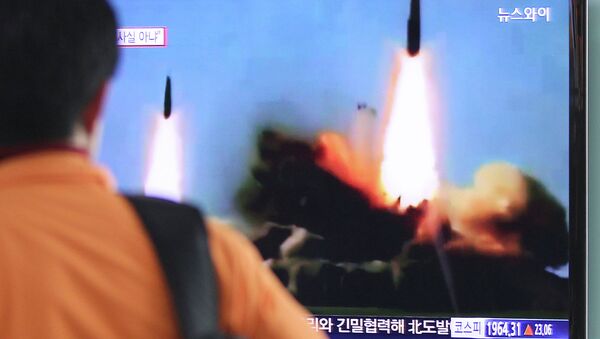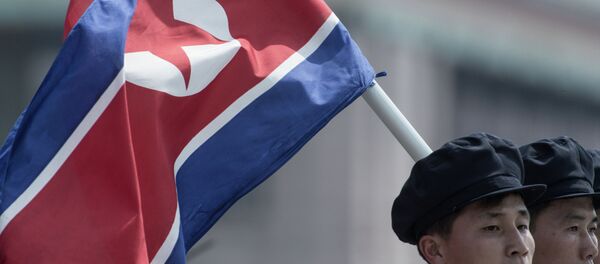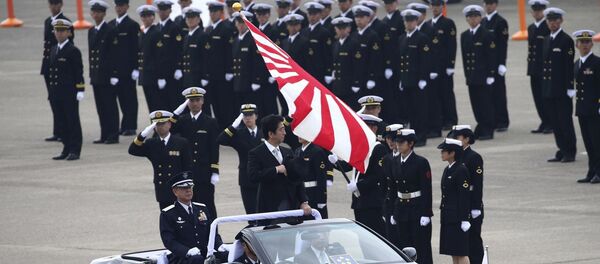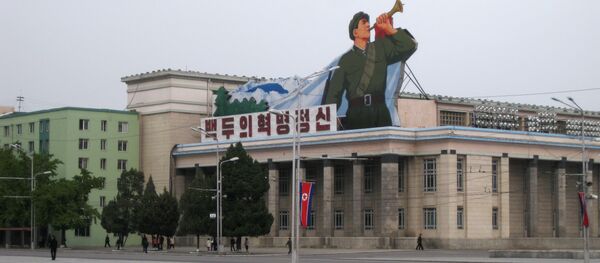The document was signed by the South Korean Deputy Minister of Defense and his American and Japanese colleagues Robert Work and Masanori Nishi.
The trilateral agreement stipulates, in particular, the exchange of military secrets on North Korean nuclear and missile threats between Seoul and Tokyo. The US will play the role of an intermediary in the interaction, as it already has bilateral agreements with Seoul and Tokyo on the transfer of intelligence information.
"Three countries are planning to determine the level of information to be exchanged under this agreement during the consultations," said a representative of the South Korean Ministry of Defense. "In particular, they will discuss what types of information will be exchanged, under what circumstances, and at what level [of privacy]."
"This agreement provides a framework under which the military leadership of the United States, the Republic of Korea and Japan may exchange classified information on a voluntary basis" on Pyongyang's nuclear and missile programs, the Pentagon stated. It also notes that "the document does not require any new legal obligations of the signatories."
North Korea declared itself a nuclear power in 2005, and in 2006, 2009 and 2013 it conducted underground nuclear tests, which led to protests from the international community. In response to Pyongyang's actions, the UN Security Council adopted a number of resolutions requiring North Korea to stop its nuclear activities. Their resolutions 1718 and 1874, in addition to the sanctions, contain requirements that North Korea cease conducting nuclear tests and ballistic missile launches, and resume talks on the denuclearization of the Korean Peninsula.





